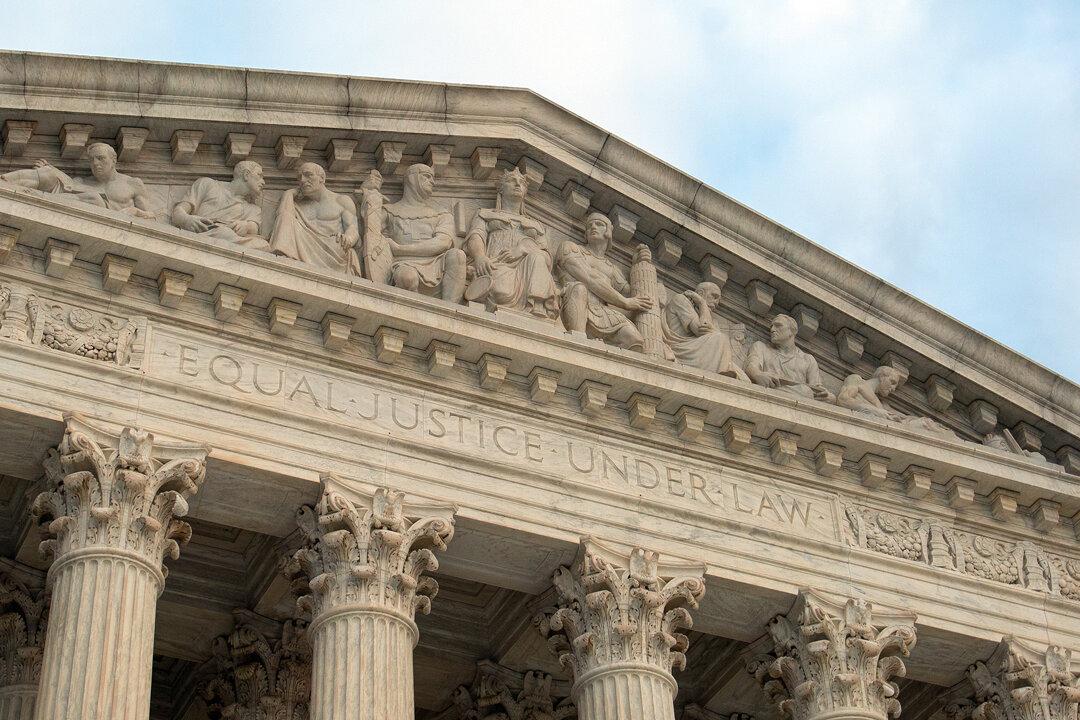The U.S. Supreme Court announced on Monday that it is postponing oral arguments scheduled for the March session over concerns of the coronavirus pandemic.
The top court said in a statement that it is postponing upcoming oral arguments set between March 23 and 25, and March 30 and April 1, in response to COVID-19, the disease the virus causes. It added that it will examine options for rescheduling those cases “in due course in light of the developing circumstances,” and did not provide any new dates for the 11 arguments scheduled for March.




